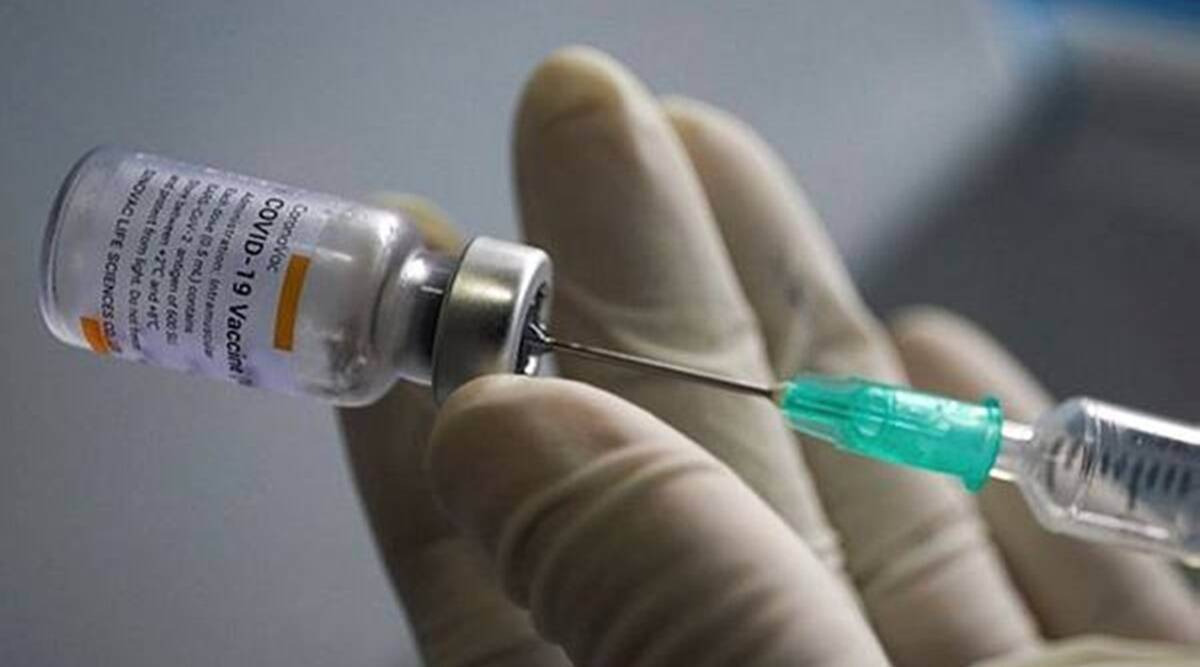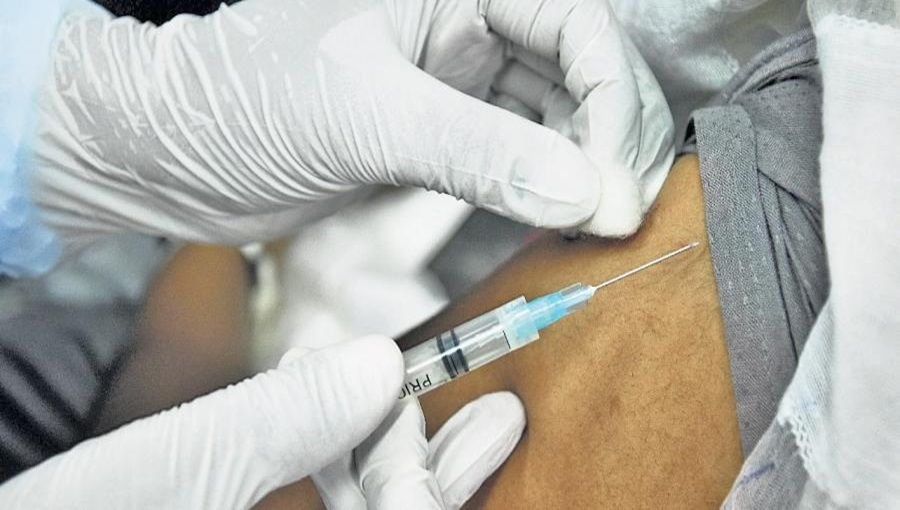A government panel studying Covid-19 vaccine side effects has confirmed the first death due to anaphylaxis following vaccination.
The causality assessment of 31 reported Serious Adverse Events Following Immunisation (AEFI) cases following Covid-19 vaccination was carried out by the panel.
According to a report by the National AEFI Committee, a 68-year-old man died due to anaphylaxis (severe allergic reaction) after being vaccinated on March 8, 2021.
“It is the first death linked to Covid-19 vaccination due to anaphylaxis. It re-emphasises the need to wait for 30 minutes at the inoculation centre after receiving the jab. Most of the anaphylactic reactions occur during this period and prompt treatment prevents deaths,” Dr NK Arora, chairperson, National AEFI committee, told PTI.
The Committee examined five such cases that took place on February 5, eight cases on March 9 and 18 cases on March 31.
As per data in the first week of April, the reporting rate is 2.7 deaths per million vaccine doses administered and 4.8 hospitalisations per million vaccine doses administered, the report stated.
The panel said mere reporting of deaths and hospitalisations as serious adverse events does not automatically imply that the events were caused due to vaccines.
Only properly conducted investigations and causality assessments can help in understanding if any causal relationship exists between the event and the vaccine, the report said, adding for causality assessments, priority has been given to death cases.
Of the 31 causally assessed cases, 18 were classified as having inconsistent causal association to vaccination (coincidental – not linked to vaccination), 7 were classified as indeterminate, 3 cases were found to be vaccine product related, 1 was anxiety-related reaction and two cases were found to be unclassifiable, the government panel report said.
Vaccine product-related reactions are expected reactions that can be attributed to vaccination based on current scientific evidence, it said.
Examples of such reactions are allergic reactions and anaphylaxis, etc. Indeterminate reactions are reactions which have occurred soon after vaccination but there is no definitive evidence in current literature or clinical trial data that this event could have been caused due to the vaccine, the report said, adding further observations, analysis and studies are required.
In the two other cases of anaphylaxis, two persons were given vaccines on January 19 and 16 and both of them were hospitalised and have since recovered.
Unclassifiable events are events which have been investigated but there is not enough evidence for assigning a diagnosis due to missing crucial information. When this relevant information becomes available, the case may be reconsidered for causality assessment.
Coincidental events are events that are reported following immunisation but for which a clear cause other than vaccination is found on investigation.
The panel said benefits of vaccination are overwhelmingly greater than the small risk of harm and as a measure of utmost precaution, all emerging signals of harm are being constantly tracked and reviewed periodically.



